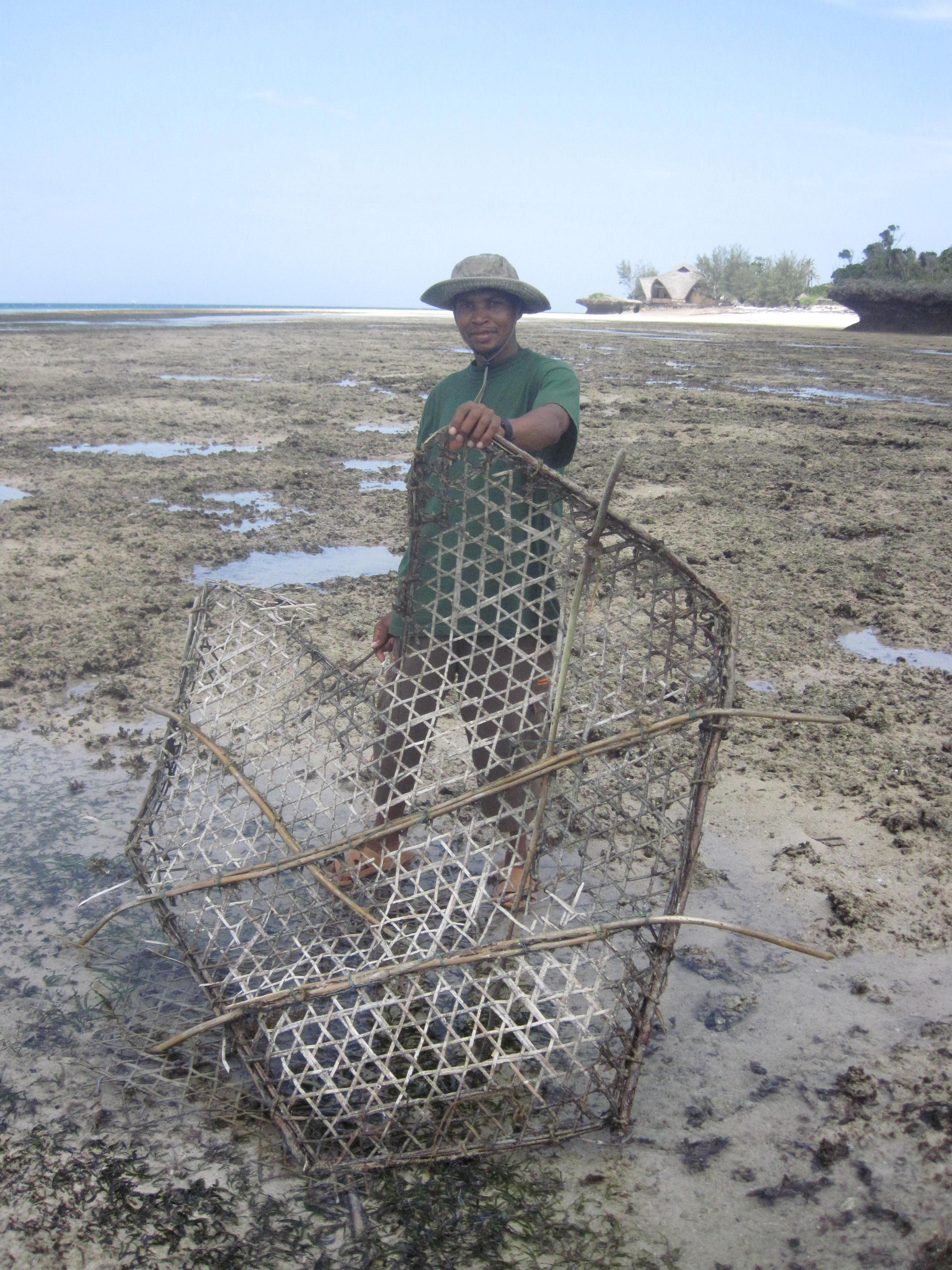

Following the gazettement of the Chumbe MPA in 1994 by the Government of Zanzibar, management was entrusted to CHICOP for a renewable 10 year period for the Reef Sanctuary (now in its third renewal period). The Management Plans define objectives, activities, research regulations and Do’s and Don’ts both for visitors and staff. Only non-consumptive and non-exploitative activities are permitted. Research is limited to non-extractive studies, and fishing and non-authorized anchoring in the MPA are prohibited. Scuba diving is only permitted for researchers and documentary film crews. In order to increase enforcement capacity, rangers receive on-going training in surveillance techniques and processes for promoting and ensuring MPA compliance. Patrols are done by boat, on foot and from the top of the lighthouse. The rangers are unarmed and rely on persuading fishers and building awareness. Compiled daily monitoring reports are shared with the Department of Fisheries Development in Zanzibar. Visitor numbers per day are restricted and only boats arranged by Chumbe can bring visitors to the MPA. Demarcation buoys are deployed along the MPA boundaries and compliance levels are high with positive relations with local fishers.
- Legal framework enabled the establishment of a management agreement between government and CHICOP
- Employment of former fishers trained on the job and provided with capacity building opportunities, involvement of wide ranging stakeholders and implementation of environment education, has built positive relations with local communities
- Small size of the MPA enables effective patrolling
- Long-term financing ensures effective enforcement through provision of equipment and full-time trained rangers.
Chumbe has been recognized as an effectively managed MPA based on a range of biophysical, social and governance criteria. Key to effective management has been the continuous assessment of activities against MPA goals, and timely responsiveness to challenges through adaptive management. Chumbe’s remoteness, relatively small size and the committed work of the rangers has supported effective enforcement and poaching incidents remain low. Key factors for success are:
- Daily patrols, surveillance and presence of rangers on the island 24/7.
- Specialist ranger training on how to approach and engage fishers positively, for productive dialogue to inform, inspire and promote willing compliance, rather than deploying classic confrontational, rejectionist enforcement approaches.
- Daily record keeping to assess trends and explore causal factors for infringements (such as weather patterns or special festival periods) to implement culturally acceptable and practicable mitigating measures.